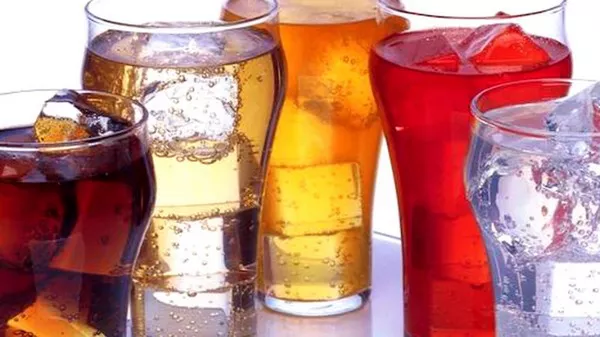In recent times, a shift in consumer behavior towards healthier choices has led to the emergence of products marketed as healthier alternatives to traditional sodas like Coca-Cola. Brands such as Olipop and Poppi have entered the market with claims of offering improved health benefits, sparking a debate on the viability and actual healthiness of these beverages.
These newer soda alternatives tout ingredients like prebiotics, which are purported to promote gut health. They often boast lower calorie and sugar content compared to their conventional counterparts, appealing to health-conscious consumers.
However, skepticism remains regarding the true health benefits of these so-called “healthy sodas.” Abby Langer, a registered dietitian based in Toronto, raises concerns about the validity of the claims made by these products, highlighting the lack of conclusive evidence supporting assertions related to weight loss, skin health, and gut health.
Lisa Ganjhu, a gastroenterologist at NYU Langone Health, acknowledges that while these alternatives may be a step up from traditional sodas in terms of healthfulness, their benefits are not definitive. Julia Zumpano, a dietitian at Cleveland Clinic’s Center for Human Nutrition, underscores the potential benefits of prebiotics found in these beverages but stresses the importance of obtaining fiber from a diverse range of sources, such as whole foods.
The inclusion of inulin, a type of prebiotic, in some of these sodas raises questions about its efficacy and potential side effects. Langer cautions against relying solely on inulin as a primary source of fiber due to its potential to cause gastrointestinal discomfort.
Experts emphasize that while healthy sodas may offer some health benefits, they should not replace a balanced diet rich in fiber. Recommendations for maintaining gut health include consuming whole, unprocessed foods, engaging in regular exercise, and prioritizing adequate sleep and hydration.
Comparatively, healthy sodas may contain fewer calories and less sugar than traditional sodas, but their overall healthfulness depends on individual dietary choices and preferences. It is essential to consider the potential long-term effects and side effects of these products before making them a staple in one’s diet.
In conclusion, while healthy sodas may present a marginally better option than traditional sodas, they should not be viewed as a panacea for health. Moderation and a holistic approach to nutrition remain key in achieving optimal health outcomes. Individuals experiencing adverse effects from these beverages should seek guidance from healthcare professionals to explore alternative dietary strategies.


























